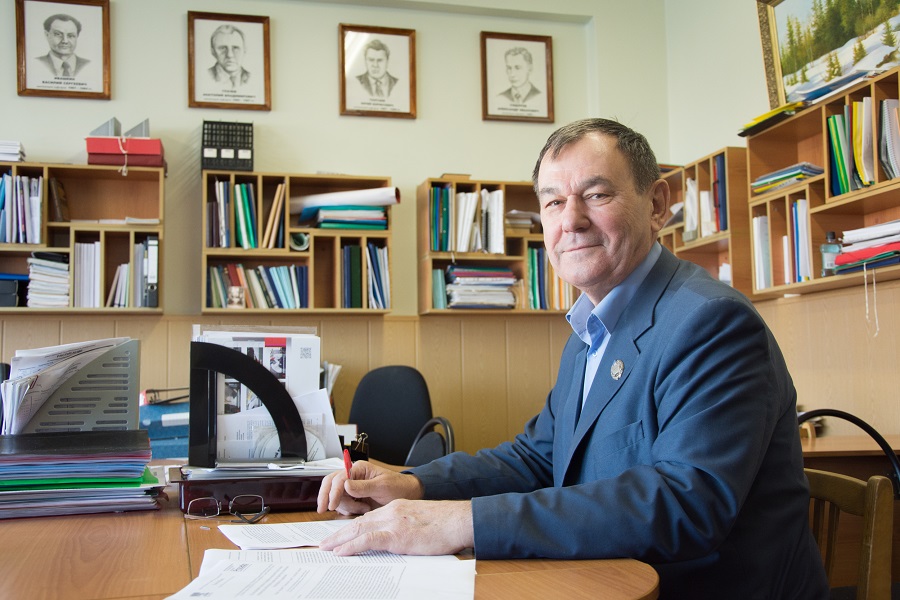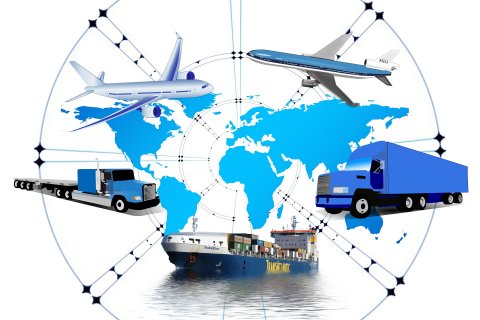In most cases, accidents and injuries result from mistakes made by humans. In this context, the issue of how to safeguard human lives in household conditions and in industrial operations becomes important. This field is being studied by South Ural State University scientists, who have developed a training system for drivers and for industry workers with consideration of their specific psychophysiological features.
The main criteria of the quality of work of a driver or a stationary machine operator are lack of errors and timeliness of performing operations. Training simulators have been created to master these skills and are being used in European countries. These simulators include a model of a natural object (a driver’s cabin, for instance) and various external factors (time of day, fog, black ice, etc.), that is accident situations, which prepare a person to solving them in real life. The use of these devices helps ensure the safety of the working process by improving operators’ professional skills. The study by SUSU researchers aims at searching for ways to improve safety within “operator — machine — environment” system in transport and has been published in the SAE International Journal of Transportation Safety (included in the Scopus database). The authors are Doctor of Sciences (Engineering), Professor Yury Averyanov and Candidate of Sciences (Engineering), Associate Professor Konstantin Glemba.
Temperament or Life?
The scientists suggested to take into consideration the temperament of the vehicle operators (sanguine, choleric, phlegmatic, or melancholic), which will be done as follows: depending on which type a person belongs to, the number of training cycles on the simulators is determined. For example, choleric people need more time to work on the simulators, since they make mistakes while operating stationary or mobile machines more often than other people. This training program may be used in any field of human activity which requires improving the skill of mistake-free operation. Thus, it may find its use in training aircraft flight personnel.
“We completed both theoretical and experimental research studies, which allowed us to determine the minimal number of training sessions for certain people with consideration to their individual traits of character, and in particular the psychophysiological traits,” shares Professor of the Health and Safety Department of the SUSU Institute of Engineering and Technology, Yury Averyanov.

Photo: Doctor of Sciences (Engineering), Professor Yury Averyanov
New Simulators Model Weather Conditions and Accident Situations
It is important to note that causes of accidents do not only include mistakes by operators managing certain processes, but also factors of the external environment and outside influences. Quality of operation may be affected by unfavourable weather, season, and the condition and reliability of the machine being operated. The technique of training specialists should take all these factors into account.
The final result of the work of these scientists will be a program for training operators of stationary and mobile machines which will take various factors into consideration.




